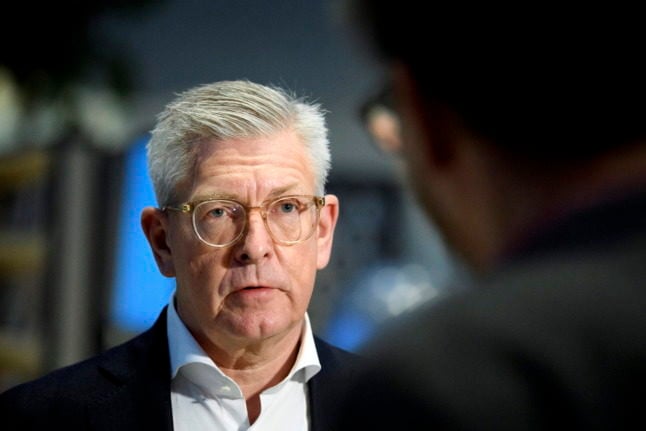The charges related to alleged bribes paid to three people in the Republic of Djibouti over the period 2011-2012 for Ericsson AB to supply Djibouti Telecom SA telecoms equipment in the country.
“The prosecution has failed to prove that two of the three alleged recipients of bribes or irregular rewards fell within the limited scope of corruptible persons defined by the legislation in force at the time,” the Solna District Court said in a statement.
“With regards to the third beneficiary, the prosecution has failed to prove that any bribes or undue payments were made to them,” the court added.
According to the court, for the charges to be upheld “the bribe or reward must be related to the recipient’s performance of his or her work or duties in such a way that he or she was able to exert influence in a way that promoted the donor’s interests”.
Ericsson has already agreed to pay $1 billion in penalties to US authorities to close corruption cases in Djibouti, China, Vietnam, Indonesia and Kuwait in 2019, and has said it expects to pay further fines related to corruption uncovered in Iraq.
In April, the Swedish judiciary had also announced the opening of an investigation into possible corruption involving the Swedish telecom giant concerning possible bribes to members of the Islamic State group in Iraq.
The network equipment maker’s chief executive Börje Ekholm acknowledged in a newspaper interview in February that some Ericsson employees may have bribed IS members for road transport through areas controlled by the group in Iraq.
The admission was made before the publication of a report by the International Consortium of Investigative Journalists (ICIJ) revealing that an internal Ericsson investigation from 2019 was never made public.



 Please whitelist us to continue reading.
Please whitelist us to continue reading.
Member comments